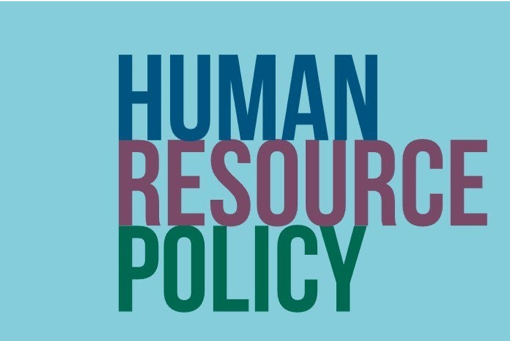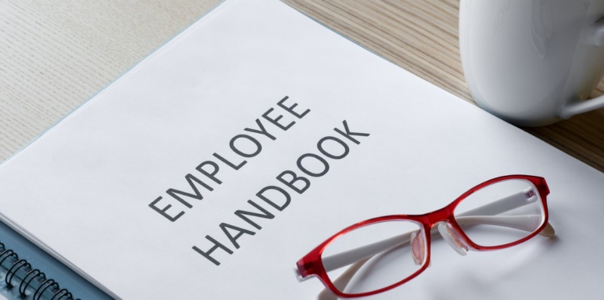HR policies have always been a staple within HR Departments. Now, in the information age, it is expected that organizations understand what their stance is on HR matters, and execute it in a way that is respectful, just, and effective.

According to Wikipedia, Human Resource policies are continuing guidelines on the approach of which an organization intends to adopt in managing its people. They represent specific guidelines to HR, leadership and managers on various matters concerning employment and state the intent of the organization on different aspects of Human Resource management such as safety, recruitment, promotion, compensation, training, selections etc.
They therefore serve as a reference point when human resources management practices are being developed or when decisions are being made about an organization’s workforce.
Every company is unique and will build their policies and practices around the culture that they want to create for themselves and their staff. For example, with BC’s new laws, marijuana policies are becoming far more common as organizations determine their needs on site for their teams.
Not every organization will need every policy. For example, collective bargaining only pertains to union environments.
Some examples of basic HR policies include the following forms:
- Time Management Policy
- Sick Leave Policy
- Vacation Policy
- Health and Safety Policy
- WHIS Policy
- Hazard-Specific Policy and Procedures
- Drug and Alcohol Policy
- Smoking Policy
- Whistleblower Policy
- Equal Opportunity Employment Policy
- Anti-Discrimination and Harassment and Bullying Policy
- Termination Policy
- Employment Classification Policy
- At will Employment Policy?
- Code of Conduct/ Work Rules Policy
- Conflict of Interest Policy
- Non-Disclosure & Confidentiality Policy
- Privacy Policy
- Travel and Expense Policy
- Substance Abuse Policy
- Communication and Technology Use Policy
- Progressive Discipline Policy
- Severance Policy
- Employment Policy
- Recruiting Policy
- Performance Appraisal Policy
- Wage / Salary Administration Policy
- Promotion, transfer and posting policy
- Pregnancy / Disability Policy
- Attire and or professional Dress Policy
- Complaint Resolution Policy
- Employment of Relative Policy

- Conflict of Interest Policy
- Remote Working Policy
- Domestic Violence Policy
- Emergency Preparedness and Response Policy
- Personal Information Policy
- Psychological Harassment Policy
- Pay Equity Policy and Plan
- New or Young Worker Orientation Policy
- Social Media Policy
- Hours of Work and Attendance Policy
- Overtime Policy
- Employment Standards Policy
- Flexible Work Arrangements / Telcommuting Policy
- Group Benefits Plan Policy: Health and Life Insurance
- Hiring Policy
- Learning and Development Policy
The benefits of implementing HR Policies in a business is that employees understand policies and procedures for the day-to-day operations. Human Resource policies provide clear communication between staff while treating everyone equally through guidelines.

With HR policies, business can develop an employee handbook for staff to refer to for day-to-day clarification on specific issues.
Canadian and American policies will differ. Many of our clients at Career Contacts have employees that are in both countries. It is important to understand the legal requirements associated with policies and how they differ from country to country.
Ensuring that the policies are equitable and still legal are both important factors to consider.
Please feel free to contact our team at Career Contacts to discuss creating your customized solutions for HR Policies and Practices.

